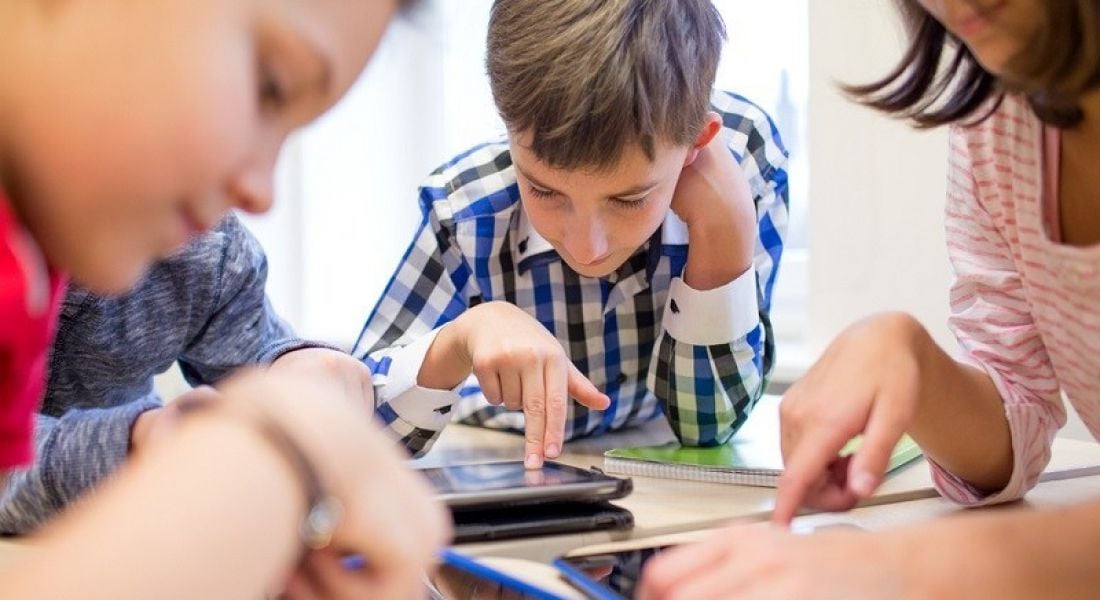In what is likely to be an unpopular finding in some circles, the Organisation for Economic Cooperation and Development’s (OECD) latest report claims that having technology in the classroom doesn’t do much to help a student’s progression.
The OECD findings came following the publication of its first PISA assessment of digital skills and, from a first glance, it seems that, despite heavy investment by some countries to inject more technological-based learning, little has come from their efforts.
Being more specific, the OECD said that pushing students towards overusing technology in the classroom can do more harm than good.
The report assessed 31 countries, including Ireland, and asked students to use a keyboard and mouse to navigate texts by using tools like hyperlinks, as well as make a chart from data or use on-screen calculators.
“Overall, students who use computers moderately at school tend to have somewhat better learning outcomes than students who use computers rarely,” the report said. “But students who use computers very frequently at school do much worse, even after accounting for social background and student demographics.”
Technology is only way to expand access to knowledge
Also, the report found the gap between advantaged and disadvantaged students in digital reading was very similar to the differences in performance in the traditional PISA reading test, despite the vast majority of students using computers whatever their background.
The students who fared best in the PISA assessment were also from countries that fared well in the analogue reading test, including Singapore, Korea and Canada.
However, students in some countries that fared very well in the analogue reading assessment, such as Poland, performed poorly in the digital assessment.
Looking at Ireland, the country’s access to digital learning showed that for every 2.6 students we have one computer, while 63.5pc of students have at least some access to digital learning.
“School systems need to find more effective ways to integrate technology into teaching and learning to provide educators with learning environments that support 21st century pedagogies and provide children with the 21st century skills they need to succeed in tomorrow’s world,” said Andreas Schleicher, OECD Director for Education and Skills.
“Technology is the only way to dramatically expand access to knowledge. To deliver on the promises technology holds, countries need to invest more effectively and ensure that teachers are at the forefront of designing and implementing this change.”
Schoolchildren with tablets image via Shutterstock




